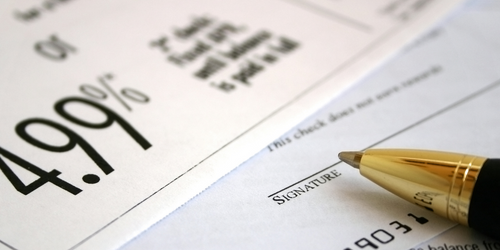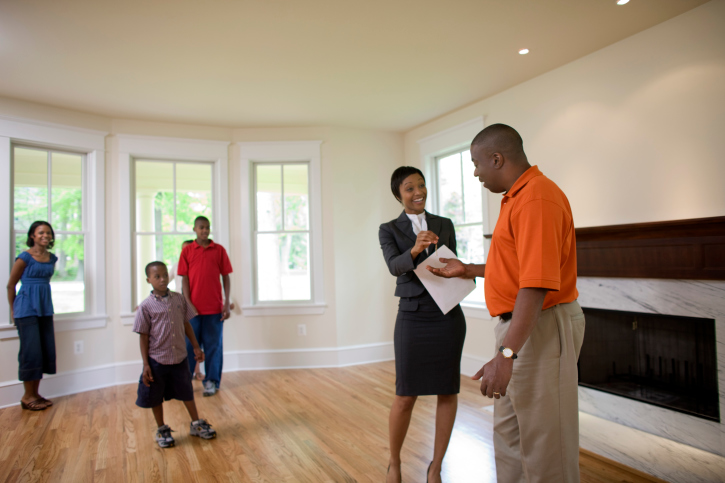Mortgage Interest Rate Versus APR: What To Know
 When you go through the process of applying for a mortgage, you need to make sure you understand all of the terms on the page. Two of the most common numbers you will come across include the mortgage rate and the APR. Many people associate both of these numbers with interest rates, but you will probably notice that they are not quite the same. What are the differences between these two numbers, and how are they going to impact your mortgage loan?
When you go through the process of applying for a mortgage, you need to make sure you understand all of the terms on the page. Two of the most common numbers you will come across include the mortgage rate and the APR. Many people associate both of these numbers with interest rates, but you will probably notice that they are not quite the same. What are the differences between these two numbers, and how are they going to impact your mortgage loan?
The Mortgage Interest Rate
The first number you are probably going to look at is the mortgage interest rate. This reflects the additional money that you will be charged over the life of the mortgage. For example, if you take out a loan for approximately $250,000 that has an interest rate of 5 percent, you will end up paying not only the principal but also an interest component of approximately $233,000 over the life of the loan. Keep in mind that an interest rate can be fixed or variable, so make sure you read the application carefully.
Annual Percentage Rate (APR)
The other number that you might see is your APR. This calculation is a bit more complex because it considers all facets of your application, not just the interest rate on the mortgage. Your APR is going to include other values as well, such as private mortgage insurance premiums, discount points, closing costs, and other closing expenses. This number might be a bit harder for people to understand, but it will also give you a more accurate picture of the total cost of your mortgage.
Ask Questions Before You Sign Your Contract
Because there are so many moving parts involved when you apply for a mortgage, you need to take the time to ask questions before you sign on the dotted line. You will be focused on your primary interest rate, as it will play a major role in the total cost of your loan as well as your monthly payment; however, you need to have an accurate picture of the other fees associated with your home loan as well. Reach out to an expert who can help you find the right mortgage to meet your needs.

 Even though interest rates have gone up significantly during the past few months, there are still opportunities for you to find a home at a great price. The high interest rate can be discouraging for some people, but as long as you know how to navigate the market, you can still put yourself in a position to be successful.
Even though interest rates have gone up significantly during the past few months, there are still opportunities for you to find a home at a great price. The high interest rate can be discouraging for some people, but as long as you know how to navigate the market, you can still put yourself in a position to be successful. If you plan on buying a house in the near future, there are a few mortgage options available. One potential option is called a VA loan. This is a loan that has been backed by the Department of Veterans Affairs, and it could provide you with some added flexibility that you can use to purchase a house. Is a VA loan right for you? There are a few points to keep in mind.
If you plan on buying a house in the near future, there are a few mortgage options available. One potential option is called a VA loan. This is a loan that has been backed by the Department of Veterans Affairs, and it could provide you with some added flexibility that you can use to purchase a house. Is a VA loan right for you? There are a few points to keep in mind.